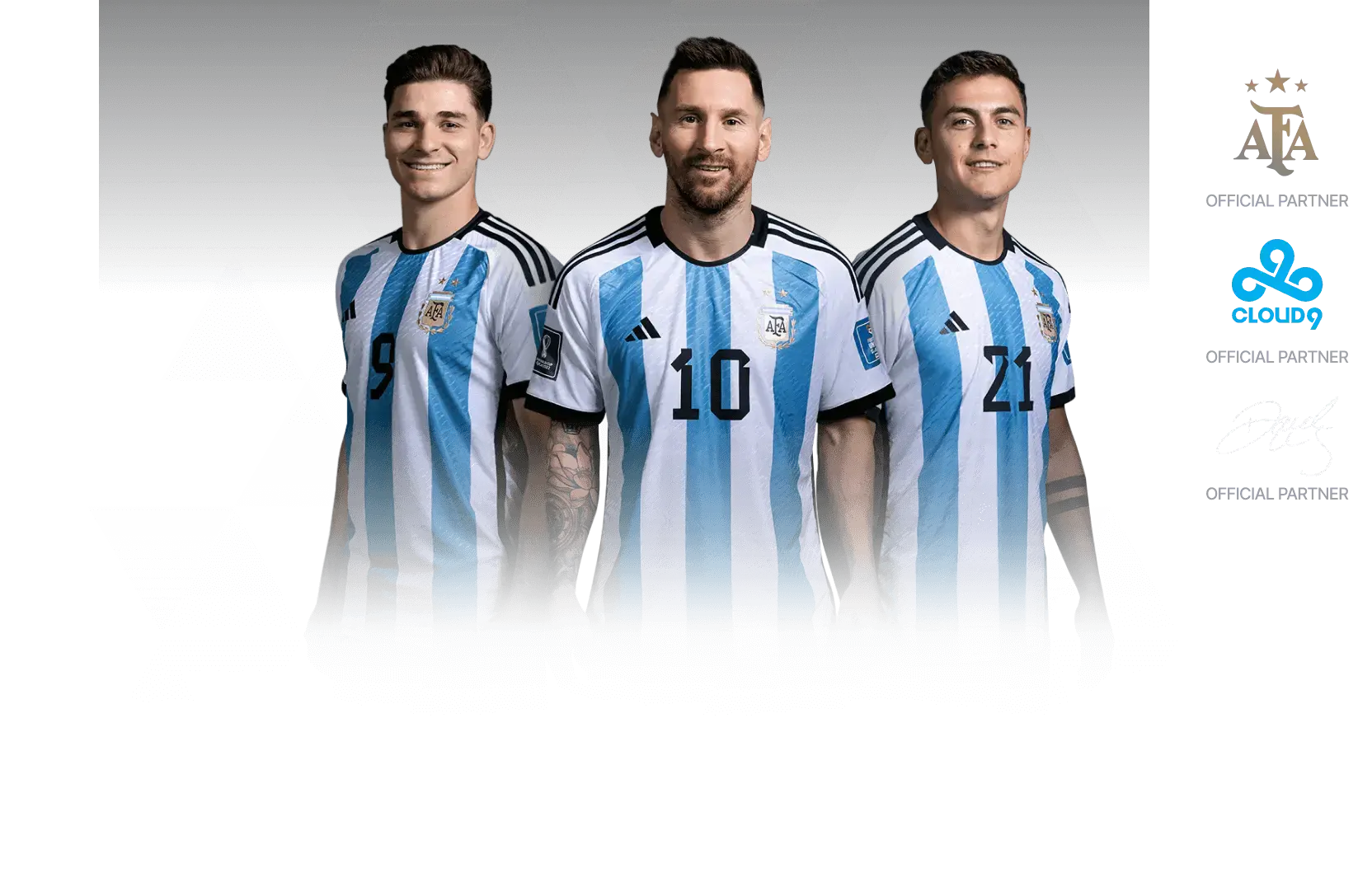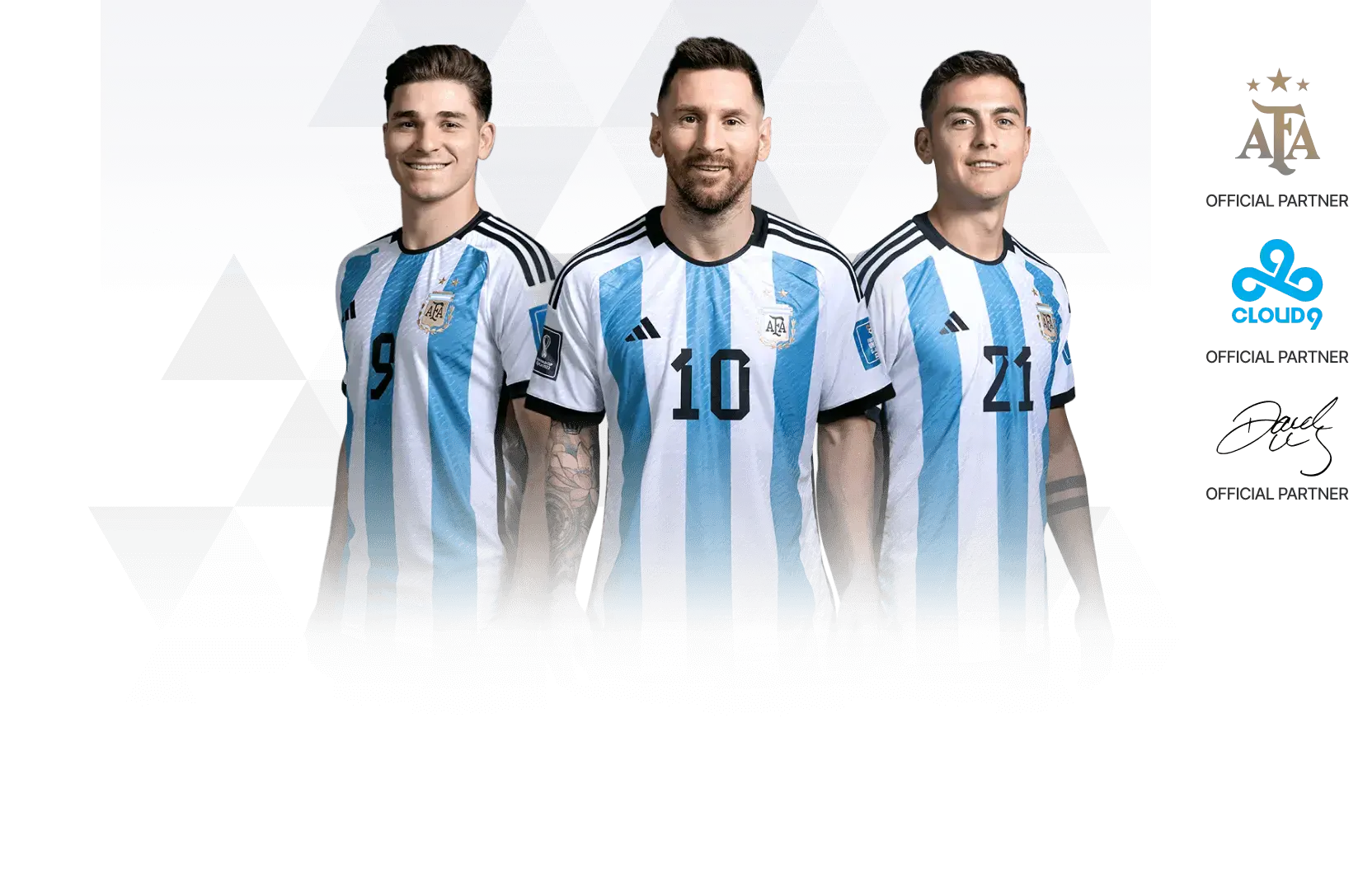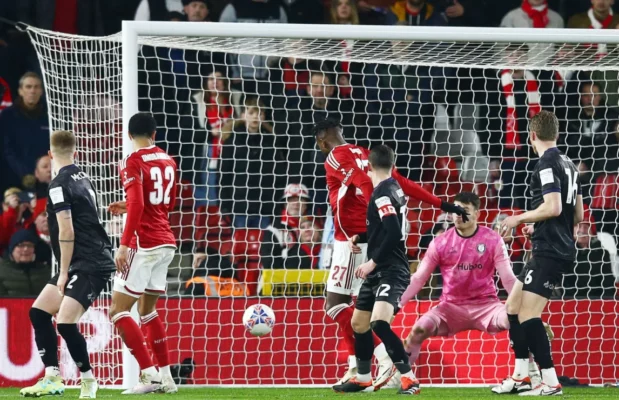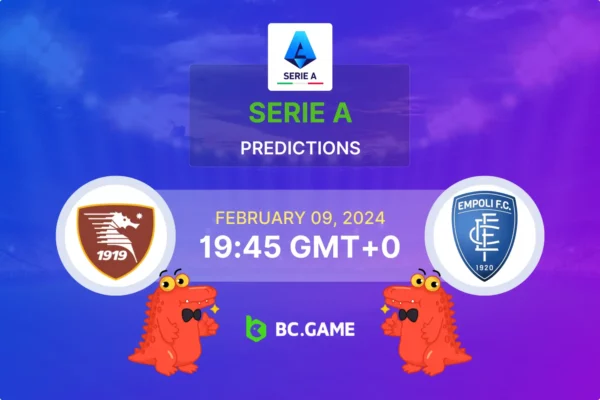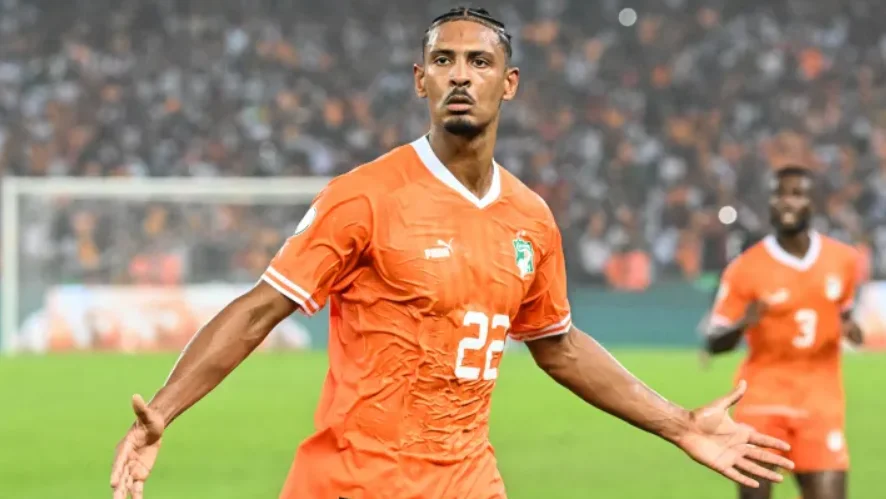
Numerous nations invest years in preparation for tournaments, dedicating time to projects, development, and strategic planning to forge a path to victory. Others, however, embrace spontaneity, discovering within disorder a drive and direction that, precisely because it’s unforeseen, enhances their strength.
Despite facing elimination three times during this Africa Cup of Nations and dismissing their coach following the group stage, Ivory Coast has defied expectations. This Sunday, they will challenge Nigeria in the tournament’s final, marking a remarkable turnaround.
Emerse Faé’s Dream Run to the Cup of Nations Final
Emerse Faé, stepping into the managerial role unexpectedly, has found immediate success, mirroring Nasser Al-Johar’s 2000 Asian Cup journey by winning all three of his initial matches and leading his team to the final. This remarkable achievement, described by Faé as dreamlike, comes after a pivotal win against Equatorial Guinea, propelling the hosts into their first Cup of Nations final since Egypt in 2006. Faé emphasized shifting focus from miraculous hopes to securing victories, a mindset that Ivory Coast embraced fully in their recent match.
The team, no longer reliant on last-minute goals for success, showcased their prowess against their opponents. The midfield was dominantly managed by Franck Kessié and Seko Fofana, setting the stage for Sébastien Haller to score the decisive goal 65 minutes in, a refreshing change from the nail-biting finishes typical of past performances. Haller’s return from an ankle injury marked a significant upturn in Ivory Coast’s campaign, with his presence and scoring opportunity directly contributing to the team’s enhanced performance.
Despite early uncertainties in the game and the overwhelming support of a 60,000-strong crowd, Ivory Coast struggled to assert their dominance until Haller’s breakthrough goal. This moment of triumph, amid the vibrant atmosphere filled with national colors and celebratory chants, encapsulated the team’s resilience and collective effort to reach the pinnacle of the tournament.
Reflecting on Defeat and Aiming for Victory
Kessié reflected on the team’s recent setback, stating, “The loss to Equatorial Guinea, where we let in four goals, hit us hard. It was a wake-up call, a moment of truth. Despite this stumble, we were lucky to advance to the next round. We realized we needed a serious conversation among ourselves; it was time to present a united front and aspire to clinch the championship.”
Meanwhile, Sébastien Desabre, the head coach of the Democratic Republic of Congo, emphasized the team’s broader mission beyond football. He mentioned, “In these trying times, as M23 rebels and Islamist factions escalate their assaults on civilians in the eastern regions, our team bears the mantle of hope and joy for our people.” In a poignant display of solidarity with those suffering, the players symbolically highlighted the ongoing crisis. During national anthems, they gestured as if holding a gun to their heads with one hand and covered their mouths with the other, signifying the silent tragedies unfolding: a country in pain, largely ignored by the world.
Mixed Feelings: Pride and Disappointment
Desabre expressed a combination of pride and disappointment regarding his team’s performance. “The game started on a high note for us,” he remarked. However, he noted a decline in their performance following the first half’s cooling break, leading to a less threatening presence in the second half than anticipated.
The team appeared to have secured an early advantage with Cédric Bakambu scoring at the eight-minute mark, but the goal was controversially disallowed by Libyan referee Mutaz Ibrahim. Ibrahim decided, perhaps with a bit of leniency, that goalkeeper Yahir Fofana had possession of the ball before Bakambu intervened. Desabre reflected on the impact of the disallowed goal, suggesting that it could have altered the game’s outcome. Despite the setback, he maintained a level of sportsmanship, choosing not to fault the referee. “I didn’t protest. Pointing fingers at the referee is not my style,” he stated.
Ivory Coast’s Resilient Advance to the Final
Wilfried Singo, stepping in for the suspended Serge Aurier, emerged as a relentless force against Ivory Coast. Franck Kessié’s close call with the post towards the end of the first half and Simon Adingra’s standout performance in his tournament debut highlighted the team’s depth. With players making their return, Ivory Coast demonstrated their enhanced team dynamics as the tournament progressed into the knockout stages.
Leading up to the semi-final, Ivory Coast’s unexpected continuation in the tournament was met with a mix of astonishment and delight, painting them as indomitable spirits that added to the excitement. Their journey to the final, where they face Nigeria—a team that secured its spot after a victorious penalty shootout against South Africa—has been nothing short of miraculous, stirring both joy and high expectations among their supporters. The pathway to their current standing may be a mystery, but the anticipation for the final is undeniably palpable.
